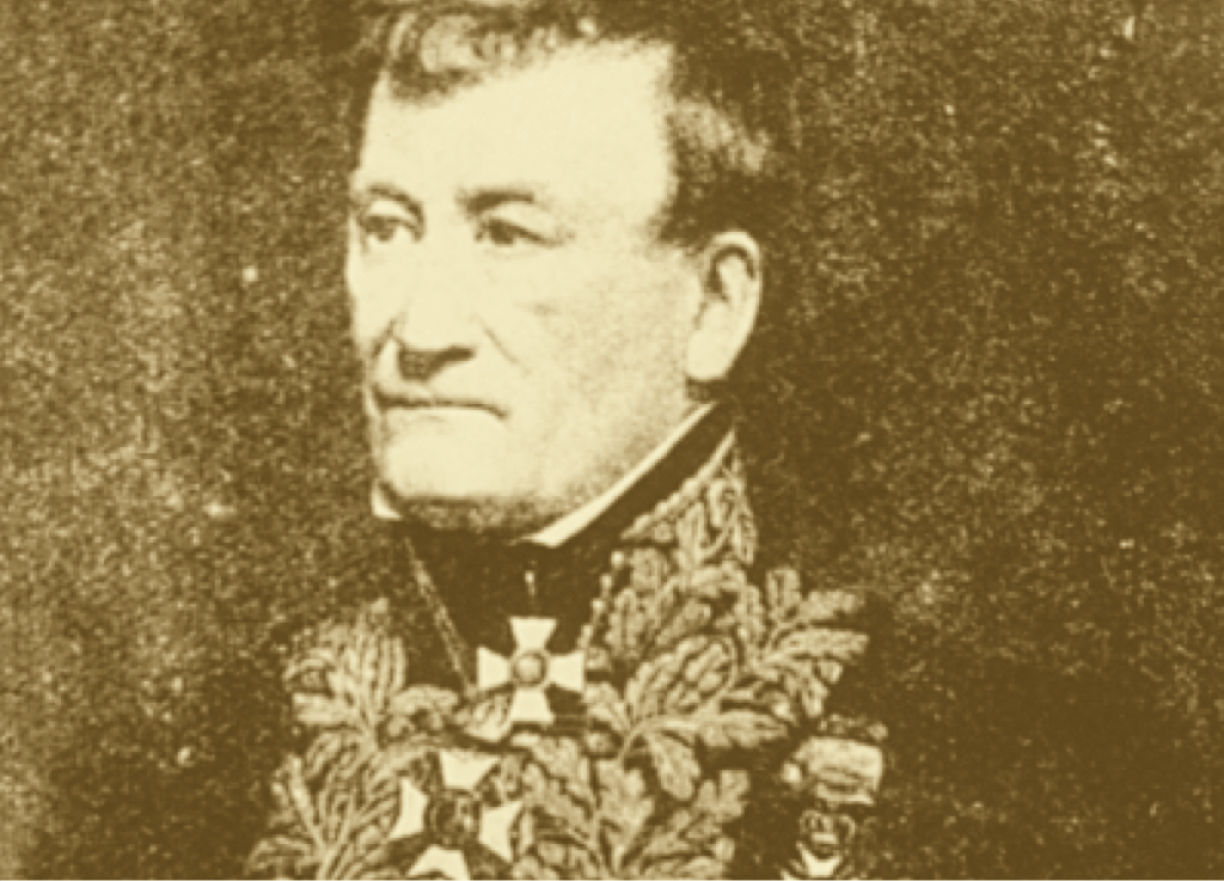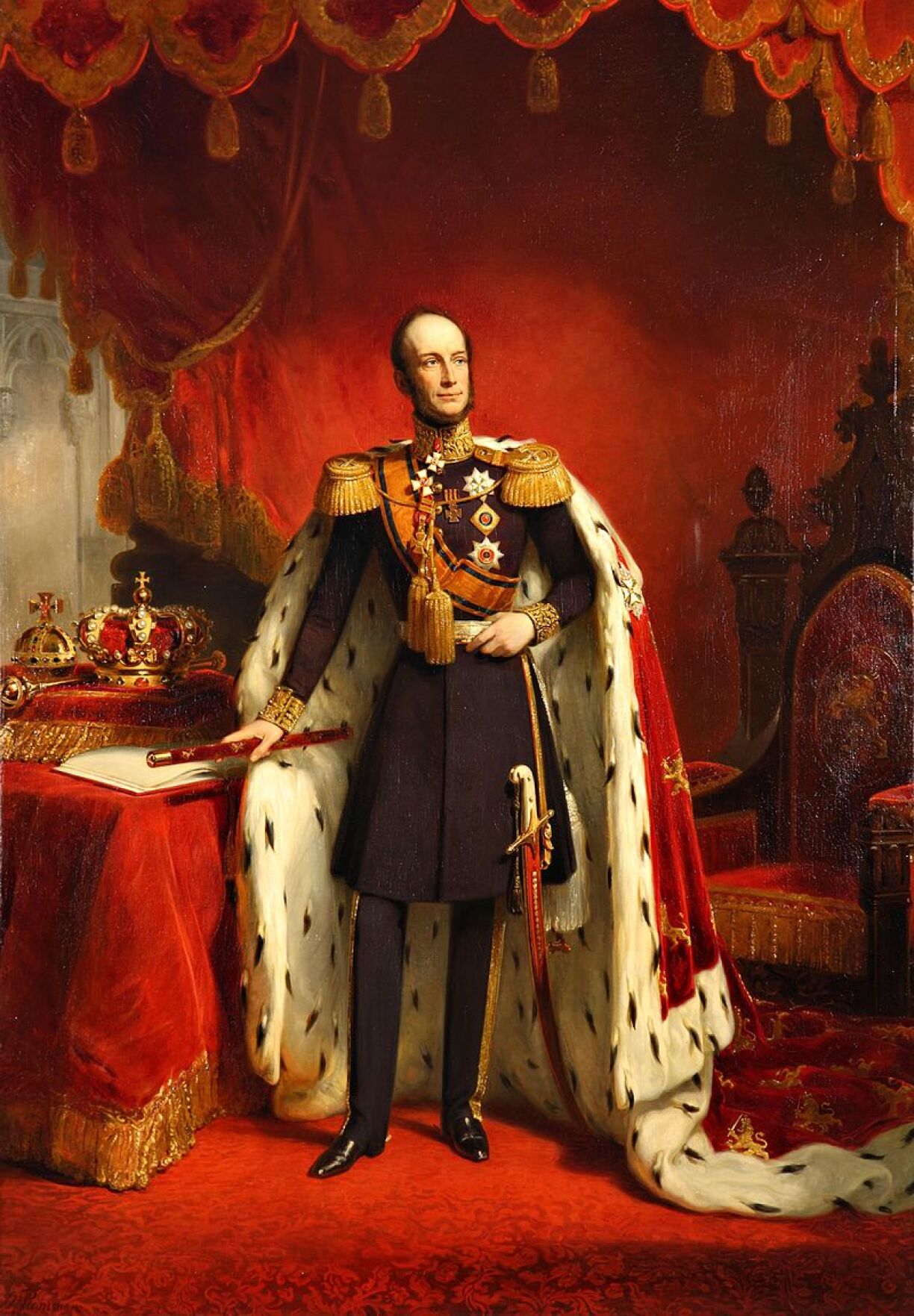
Listen to the episode right here – including getting to know more about other grand old men – or continue reading down below.
Gaspard-Théodore-Ignace de La Fontaine was born in Luxembourg on 6 January 1787. At just eight years old, he witnessed the French Revolutionary troops capture the fortress in 1795, as Luxembourg was absorbed into the French Republic.
He was educated at the Athénée in Luxembourg before moving to Paris in 1807, where he earned a law degree by 1810. Returning to Luxembourg later that year, de La Fontaine established himself as a lawyer specialising in tax law.
In 1815, he married Joséphine Francq, the daughter of a prominent political figure from the republican era. The couple had seven children, including Edmond de La Fontaine, one of Luxembourg’s most celebrated poets.
After the Congress of Vienna, Luxembourg was made a Grand Duchy under King William I of the Netherlands. With Napoleon’s defeat at Waterloo in 1815, King William convened an assembly of notables to help shape the new Dutch constitution, with de La Fontaine in attendance.
In 1816, he was appointed to Luxembourg’s Provincial Estates, the successor to the advisory body to the King. He represented Grevenmacher until 1827, then Luxembourg city.
Beyond his legal and political duties, de La Fontaine was a strong advocate for education, pushing for universal primary schooling and serving as a school inspector for several years.
When the Belgian Revolution broke out in 1830, he remained loyal to the Dutch monarchy, playing a key role in keeping Luxembourg out of the Belgian state. By the 1840s, de La Fontaine had solidified his standing as one of Luxembourg’s foremost administrators. When King William II introduced a new Charter of Estates in 1841, de La Fontaine was the perfect choice to implement it.
Serving as the final Governor of the Grand Duchy from 1841 to 1848, he steered Luxembourg through the turbulent “hungry forties”.

We previously covered the events of 1848 in Luxembourg, which you can read here.
In response to small uprisings in the Grand Duchy, De La Fontaine yielded to protesters’ demands and oversaw the Constituent Assembly tasked with drafting the new constitution. When the constitution came into effect on 1 August 1848, De La Fontaine became President of the Council, effectively making him Luxembourg’s first prime minister.
This new role brought greater responsibilities, particularly as the Chamber of Deputies now held the power to issue a vote of no confidence in him. It took little time for the deputies to flex their newfound power. Just four months into his term, De La Fontaine resigned after narrowly surviving a vote of no confidence, having had little time to implement any policies.
However, this was not the end of his political career. From 1849 to 1851, he served on Luxembourg’s town council and later returned to office as President of the State Council after the Putsch of 1856.
De La Fontaine passed away in February 1871 at 84, but he remains etched in history as Luxembourg’s first prime minister.
Thank you for tuning in! Now what are you waiting for – download and listen, on iTunes, Spotify, or wherever you get your podcasts.